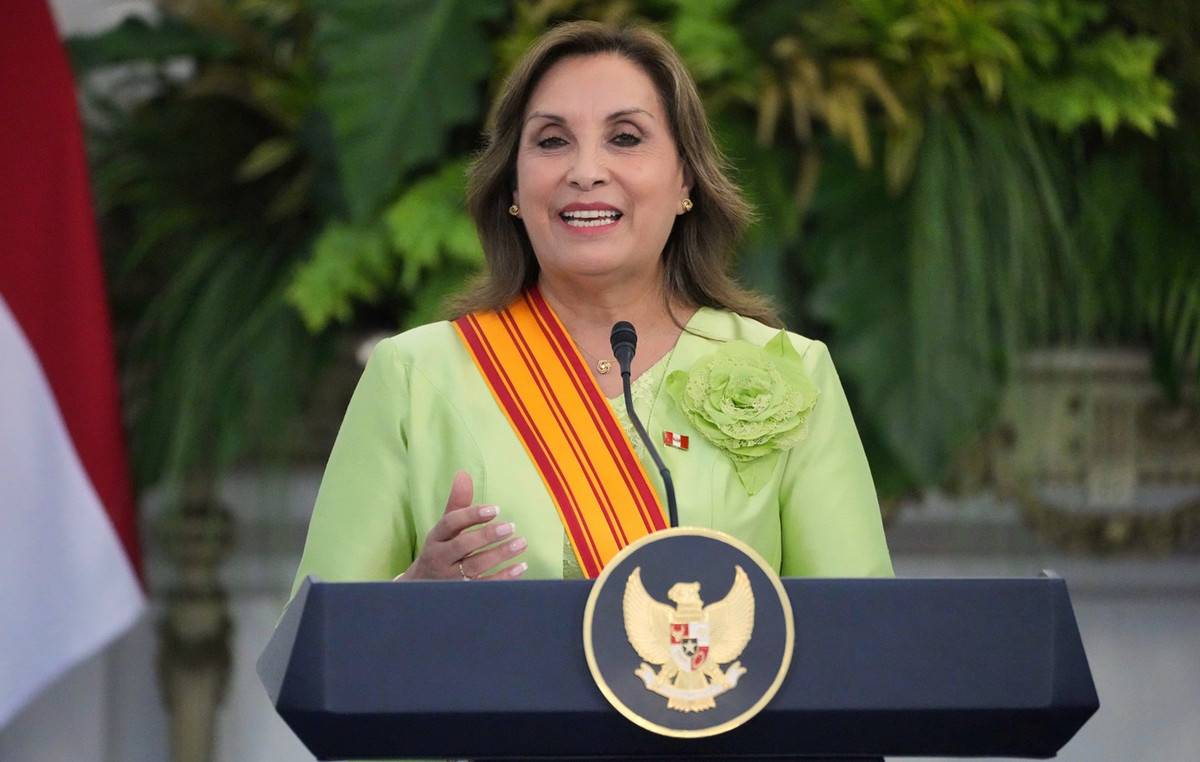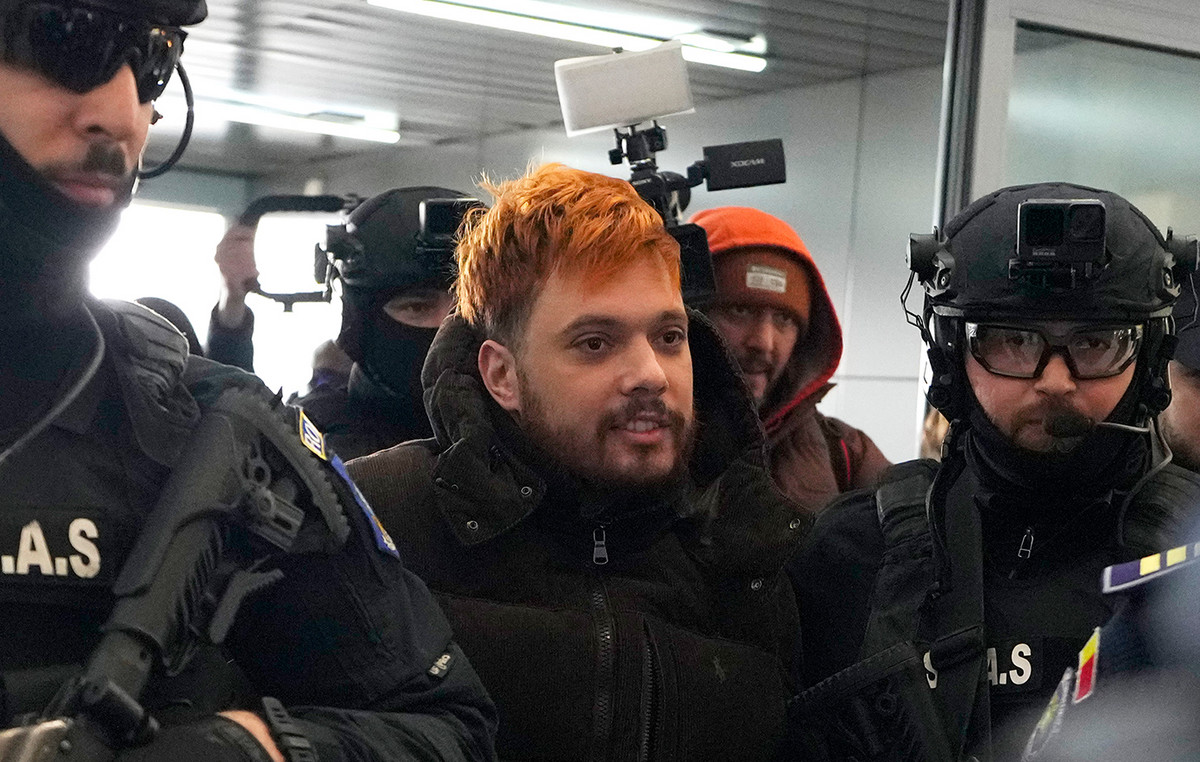With the mega-increase in fuel prices, the value of cooking gas has also skyrocketed in recent weeks. According to data from the National Agency of Petroleum, Natural Gas and Biofuels (ANP) updated this Friday (18), 18, the 13-kilogram cylinder, an essential item for preparing food for families, already costs R$ 160.
On average, gas is sold in the country at R$ 112.54, an increase of 35% in relation to the value practiced a year ago, when the cylinder was sold for, on average, R$ 83.11.
According to the agency’s price survey, the most expensive cylinder is found in Mato Grosso, in the Midwest, for R$160. In the South region, the highest value identified was R$155. In the North, R$150. in the Southeast and Northeast regions, cooking gas is already sold at R$144.99 and R$135, respectively.
The price reflects the last adjustment of 16.1% in the value of cooking gas announced by Petrobras last week. In addition to the value of the input, the amount paid by consumers includes state tax and the costs and marketing margins of distributors and resale points.
The reality is further from what was promised by the Minister of Economy, Paulo Guedes, in the first year of the Jair Bolsonaro government, when he said that the country would go through a “cheap energy shock”.
On several occasions, the economist stated that the price of a gas cylinder could fall by half, something around R$35, considering the average value at the time.
Years later, about to run for reelection to the post, President Jair Bolsonaro is living with the rise in fuel, which can become even more expensive depending on the global geopolitical situation and the exchange rate variation.
“If the price of oil rises further, or if there is any exchange rate problem, it could impact liquefied petroleum gas. Of course, the price of oil goes up and down, depending on the conflict and other variables. The price of oil is the result of several factors, how the demand will behave, how are the producing countries. We will see the price going up and down sometimes, at least while this more conflicting situation lasts”, explains the former president of the Energy Research Company (EPE) and professor of energy planning at UFRJ, Maurício Tolmasquim.
The specialist points out that access to cooking gas goes beyond the use of fuel, as it is a basic need input, which directly interferes with the food security of families.
“As important as having food is being able to cook. Using improvised fuels, such as firewood, alcohol and others, instead of gas, puts the health of people, the population, especially the poorest population at risk”, he said, citing that, for years, governments used public policies to subsidize the price. of cooking gas.
The senior advisor at the Pólis Institute, Clauber Leite, points out that the soaring prices affect, above all, the poorest families.
“When we talk about an uncontrolled increase in gas, as is happening now, it is something that directly impacts families. They no longer have access to something, some kind of food, to buy gas. We see from the reports that, unfortunately, the poorest families are starting to use other means of fuel, which are not suitable,” she said.
“Access to cylinder measures is not simply access to gas, and needs to be seen as a public policy aimed at the low-income population, which is the one that most depends on this fuel.”
Source: CNN Brasil
I am Sophia william, author of World Stock Market. I have a degree in journalism from the University of Missouri and I have worked as a reporter for several news websites. I have a passion for writing and informing people about the latest news and events happening in the world. I strive to be accurate and unbiased in my reporting, and I hope to provide readers with valuable information that they can use to make informed decisions.







